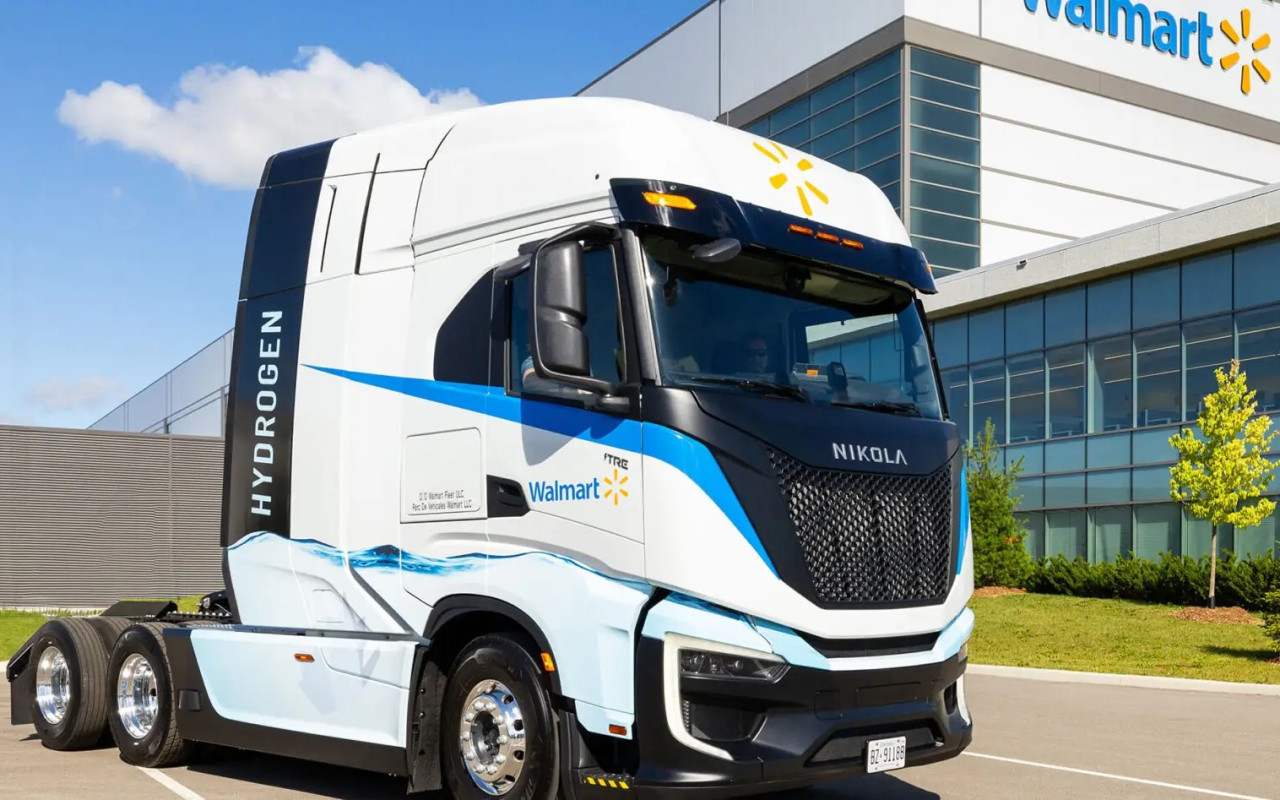Cepsa to invest €3 billion on 2 GW Green Hydrogen plants in Andalusia, Spain
Spanish oil and gas firm Cepsa has recently announced an investment of more than 3 billion euros to establish the Andalusian Green Hydrogen Valley, creating the largest green hydrogen hub in Europe in southern Spain.
The project, part of Cepsa's 2030 strategy Positive Motion, will contribute to Europe's energy security and independence, in line with the objectives of the European Union's REPowerEU strategy. The investment is a step to lead sustainable mobility and the production of green hydrogen in Spain and Portugal this decade.
Accordingly, Cepsa will build two plants with a total capacity of 2 GW to produce green hydrogen. The plants, with 1 GW of capacity each, will be located in Palos de la Frontera (Huelva) next to Cepsa's La Rábida Energy Park and at the company's San Roque Energy Park in Cádiz.
The Huelva plant will start up in 2026, reaching full capacity in 2028, while the Cádiz facility will be operational in 2027. The company is already working on the engineering and administrative processing of the project.
To generate the renewable electricity needed to feed production of green hydrogen, Cepsa will develop a 3GW portfolio of wind and solar energy projects with an additional 2 billion euro investment.
The company will also collaborate with other renewable energy producers in Andalusia and the rest of Spain to promote the integration of these new plants into the electricity system.
Maarten Wetselaar, CEO of Cepsa, commented "The Andalusian Green Hydrogen Valley is a groundbreaking project whose 2 GW capacity is 10 times bigger than the largest under construction in Europe today. This project produces green hydrogen at scale that can decarbonize industry, aviation, and heavy road and maritime transport in Europe, for Europe."
The company claims that the Andalusian Green Hydrogen Valley will produce 300,000 tons of green hydrogen per year, driving the decarbonization of Cepsa's Energy Parks where it will produce advanced biofuels for aviation (SAF), and maritime and heavy land transport.
Hydrogen will be particularly important for the production of by-products such as green ammonia and methanol, which will ensure that green marine fuels will be available in the main Spanish ports, helping to decarbonize maritime sector customers.






















